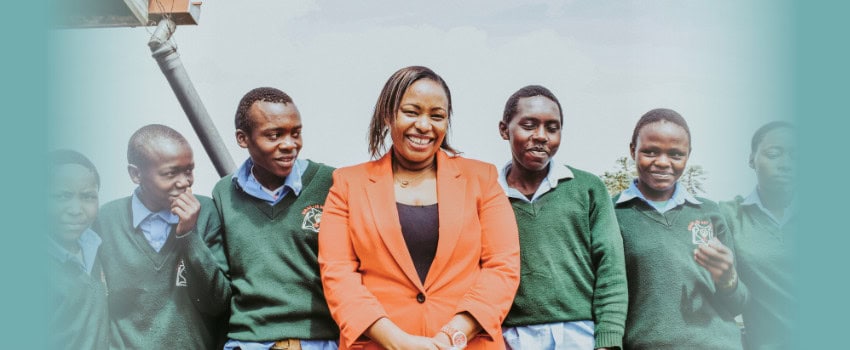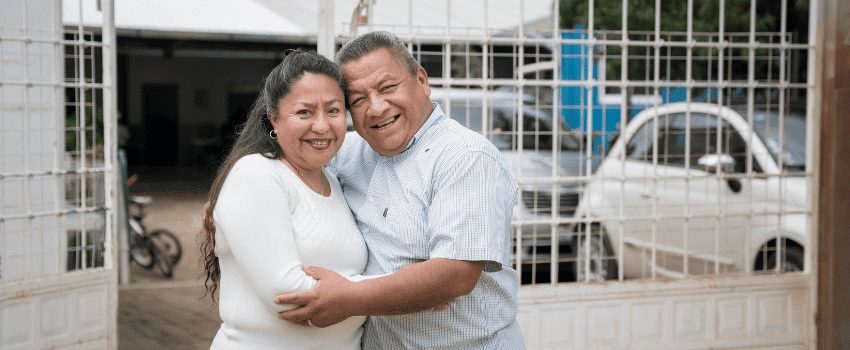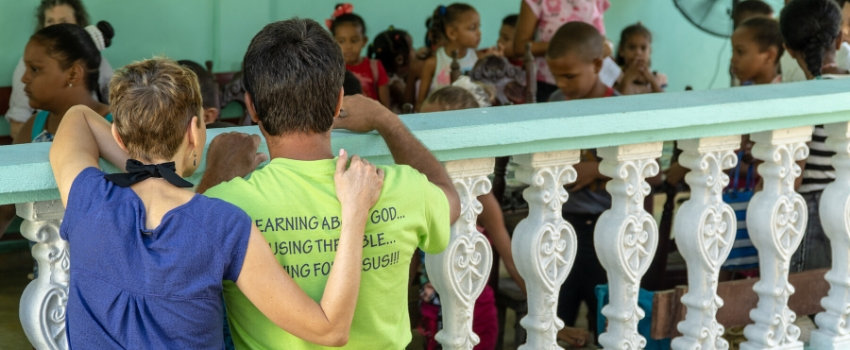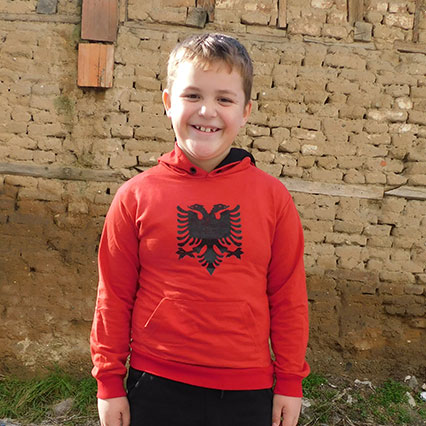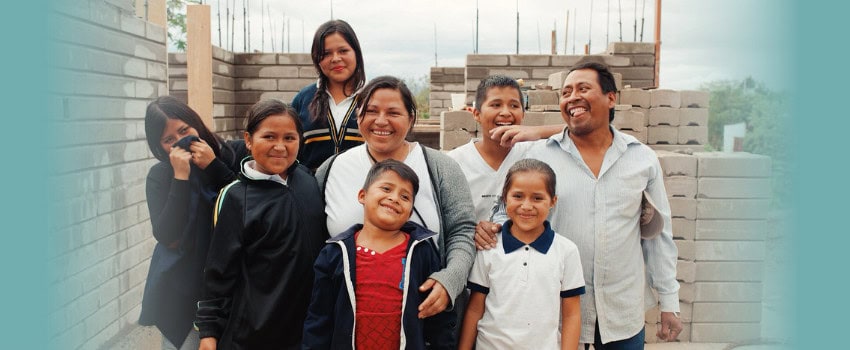
This is What Success Looks Like
A special message from our Program Directors in Mexico, Victor and Lety Velasco: Hola and Feliz Navidad from Forward Edge and our program down here in Oaxaca, Mexico. We want to tell you a story of the impact you’re making. One of the first families to join our program 10

